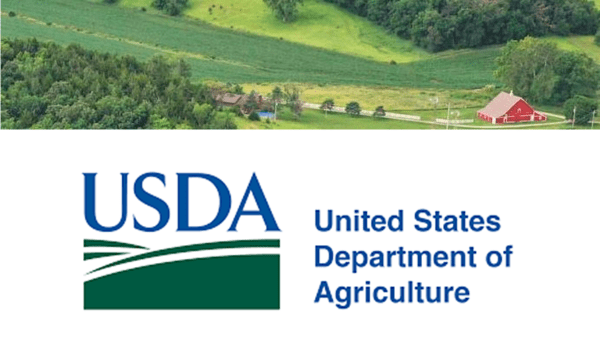WASHINGTON, Dec. 22, 2022 — The U.S. Department of Agriculture’s Agricultural Marketing Service (AMS) and the National Association of State Departments of Agriculture (NASDA) Foundation have created a Good Agricultural Practices (GAP) grower toolkit and corresponding website to increase underserved farmers’ access to new and existing markets and USDA food safety certification programs. This initiative was created under an AMS cooperative agreement with the NASDA Foundation.
The GAP toolkit includes new and user-friendly educational resources with an emphasis on GroupGAP, a USDA farm food safety program that provides the specialty crops industry with opportunities to supply and buy fruits, vegetables and related products certified as being produced using Good Agricultural Practices. The website and toolkit detail the specifics of the GAP programs, their benefits, expected costs, misconceptions, the audit process, and relevant resources.
“By allowing farmers, food hubs, and marketing organizations of all sizes to band together and pool resources to achieve USDA Good Agricultural Practices certification, GroupGAP is helping more farmers minimize food safety hazard risks and supply fresh, local, and safe produce to markets,” said USDA Under Secretary for Marketing and Regulatory Programs Jenny Lester Moffitt. “At the same time, GroupGAP also provides buyers and consumers alike with more purchasing options.”
“We are proud to have created this one-of-a-kind toolkit that will remove barriers to USDA Good Agricultural Practices programs by providing a guide of all GAP programs to allow farmers to determine which process is right for them,” said NASDA CEO Ted McKinney. “The NASDA Foundation team traveled the nation asking producers what they need to be successful in the GroupGAP process and we have used those conversations to create these resources.”
In partnership with AMS and the NASDA Foundation, state departments of agriculture, cooperative extension agencies, and non-government organizations piloted the toolkit to underserved producers in Florida, Illinois, Kentucky, New York, Tennessee, Texas and Virginia.
GAP Education and Outreach Pilot Program Successes:
- The pilot in Chicago showed early success through the partnerships developed and built upon as the GroupGAP Toolkit training was planned and executed. The new network of the state department of agriculture, local extension agents, and grower organizations reinforced cross-collaboration and showed the power that such meeting formats could establish, especially in reaching urban socially disadvantaged and underserved growers.
- As a result of the New York pilot, 24% of the growers that participated are actively pursuing GAP certification. The meetings and tools provided through the program allowed for exposure to a certification option that otherwise might have been overlooked.
- In Tennessee, grower, Reginald Marshall, was recently appointed to the USDA’s Fruit and Vegetable Industry Advisory Committee (FVIAC) that advises the U.S. Secretary of Agriculture on issues affecting the fruit and vegetable industry. A lead in his state’s pilot, Marshall furthered his knowledge about GAP and GroupGAP, becoming a true voice for his immediate community on safe produce practices.
The GAP toolkit is now available online at www.nasda.org/gap-overview and is available in PDF form for printing and sharing in future trainings. The resources also can be found on the AMS Local & Regional Food System webpage under NASDA GAP Toolkit. A recorded train-the-trainer webinar will soon be available for state departments of agriculture, cooperative extensions, and non-governmental organizations to provide the new material to growers and other stakeholders.
The NASDA Foundation is the only educational and research organization that directly serves the nation’s state departments of agriculture. The NASDA Foundation’s mission is to enhance American food and agricultural communities through education, outreach and research. The NASDA Foundation works with states to nourish people and communities while serving as the stewards of the environment and public trust. To learn more about the NASDA Foundation, please visit nasda.org/nasda-foundation/.



